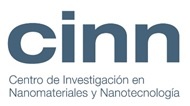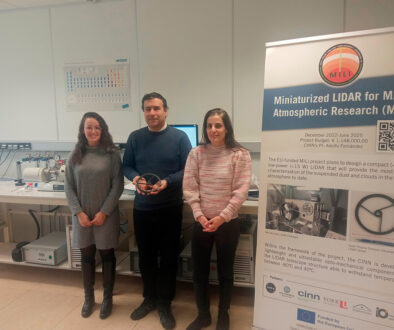The CINN receives grant to evaluate the use of novel antimicrobial materials as a measure of prevention and containment of the COVID-19 virus
The project will be developed in collaboration with the San Pablo CEU University and the Mount Sinai Hospital in New York
The survival time and conditions of the SARS-CoV-2 virus in the environment are still unknown. Maintaining a good level of environmental biosecurity inevitably involves infection prevention and control, however, performing effective routine chemical disinfection is difficult because disinfectants must be applied correctly and must remain in contact with surfaces for long periods of time. prolonged to guarantee complete disinfection. Furthermore, many materials cannot be treated with such products. In some cases, cleaning and disinfection fail to guarantee the complete eradication of the pathogen because of their limited residual effect.
The project that has been just approved is led by CINN scientists Adolfo Fernández and Belén Cabal, and is funded by the National Spanish Council for Scientific Research, CSIC. The project proposes a new strategy to guarantee a decrease in the transmission of this pathogen through the development of ceramic, metallic and polymeric surfaces capable of inactivating or reducing the survival time of the SARS-CoV-2 virus on them. Inorganic antimicrobial materials already developed by CINN, and whose efficacy against other types of pathogens has been widely proven both in vitro and in vivo studies, will be used . The sensitivity tests of these materials against SARSCoV-2 will be carried out in collaboration with the virologist Dr. Estanislao Nistal Villán of the San Pablo CEU University and with Dr. Adolfo García Sastre of the Department of Microbiology of the Mount Sinaí Hospital in Nueva York.




